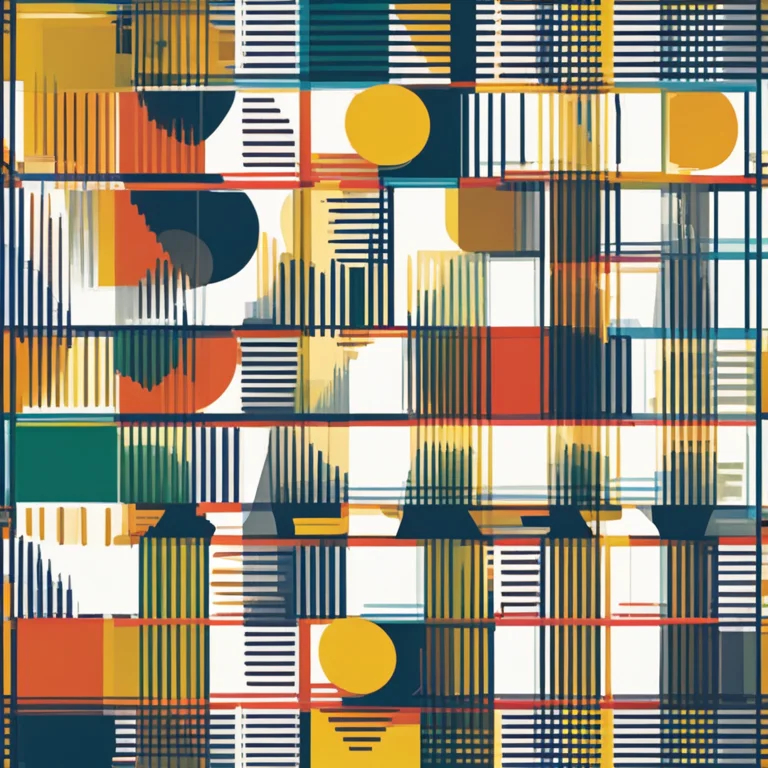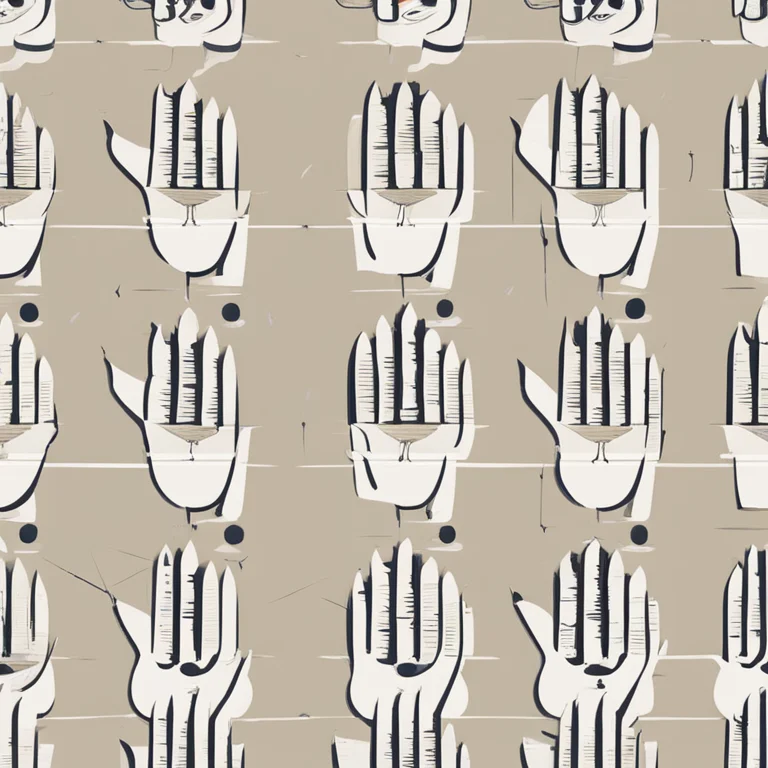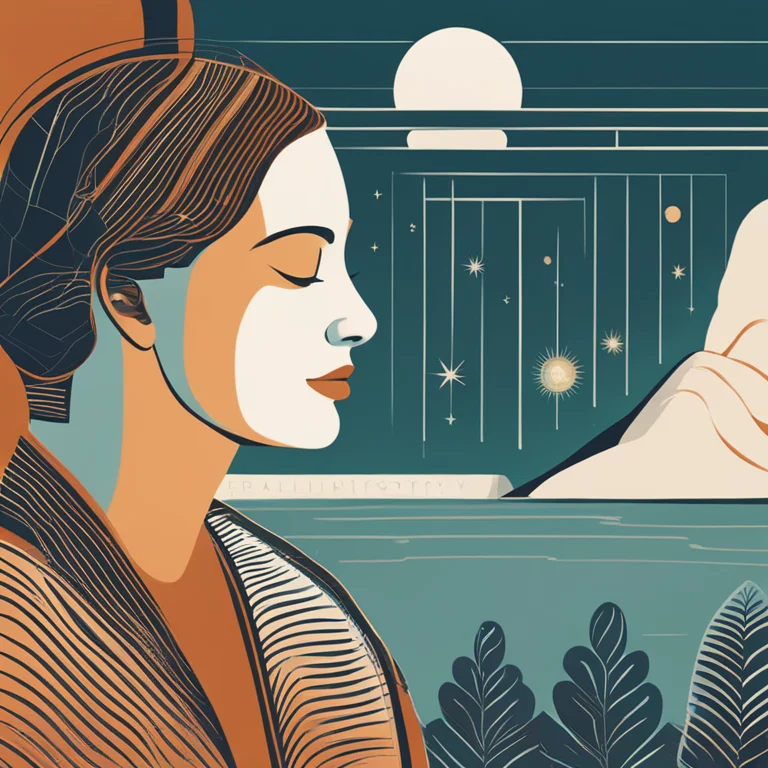
Can Palmistry Reveal Your Lifespan?
Investigate the capabilities of palmistry in predicting lifespan - separating myths from potential truths in the practice of reading palms.
article by Nora Pennington
Palmistry's Promise: Life Line Insights
Palmistry, also known as chiromancy, is a practice with ancient roots that some believe can reveal various aspects of an individual's life, including their lifespan. At the heart of this belief is the examination of the 'life line'—a crease on the palm that supposedly correlates to one's vitality and longevity. Proponents of palmistry posit that the length, depth, and curvature of this line can offer predictions about an individual's longevity. However, the scientific community largely dismisses these claims, citing the absence of empirical evidence and the highly subjective nature of palm reading interpretations.

Debunking Lifespan Myths in Palmistry
In the quest to understand our future, many turn to palmistry, but the ability to predict exact lifespans remains a myth steeped in superstition rather than fact. Professional palmists and skeptics alike agree that no aspect of the palm, including the life line, can foretell the precise number of years one will live. Modern palmists approach the craft from a more psychological and metaphorical perspective, analyzing lines and features to symbolically reflect personal traits and life trajectories rather than literal future events such as the date of one's demise.

Scientific Perspective on Palmistry
From a scientific viewpoint, palm lines are formed by the folding of the hand's skin and bear no correlation with an individual's genes or health data, two significant factors influencing lifespan. Genetic predispositions and lifestyle choices remain the primary indicators of longevity. While some studies in dermatoglyphics— the science of skin patterns, including fingerprints and palm lines—have observed connections between certain patterns and medical conditions, there is no scientific backing for claims that palm lines predict lifespan or any truly deterministic future outcomes.

Psychological Functions of Palmistry
Despite the lack of scientific support, the attraction to palmistry may partially derive from its psychological functions. Humans have a natural desire to seek control over their destiny, and palmistry provides an illusion of foresight and empowerment. Palm readings can offer comfort or provoke reflection, serving as a catalyst for introspection and personal growth. Thus, the value in palmistry might not lie in its predictive power but in its ability to trigger self-awareness and conversations about life's path.

Approaching Palmistry Responsibly
As we delve into practices like palmistry, it's crucial to approach them responsibly and ethically. Palmists should avoid making definitive predictions about longevity, as these can cause undue stress or false hope. A responsible practice focuses on probability and advice rather than certainty. Consumers seeking palm readings are similarly encouraged to treat the experience as a form of entertainment or a starting point for self-exploration, rather than an absolute truth about their fate or lifespan.
Conclusion: Lifespan in the Palm Lines?
In conclusion, the notion that palmistry can predict an individual's lifespan is not supported by scientific evidence. The intricacies and length of the life line may reflect nothing more than the physical characteristics of one's hand. While palmistry continues to fascinate and entertain, its value as a tool for self-reflection and psychological insight far surpasses its dubious capability to forecast our years on Earth.
Published: 1/11/2024
Modified: 1/11/2024
More predictions
Come back here soon to learn more about yourself and your future


Guide to Palm Reading: Lines and Interpretations
Discover the ancient art of palmistry with our concise guide to reading palms and understanding their meaning for life and personality insights.


Palm Lines: A Guide to Your Hands' Secrets
Learn the art of reading palm lines with our straightforward guide. Discover what your hands reveal about your personality, destiny, and life!


The Impact of the Jupiter Mount in Palmistry
Discover the impact of the Jupiter Mount on your life through palm reading. Learn about its meaning and significance in palmistry.